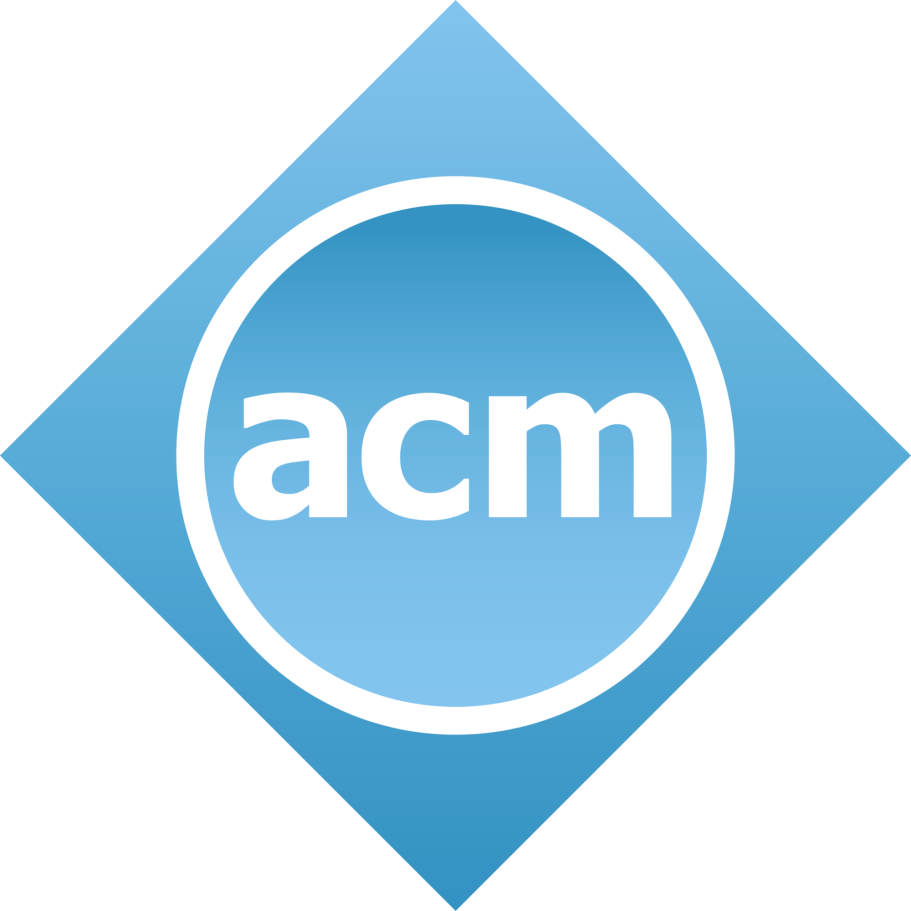The 15th ACM International Conference on Multimedia Retrieval
Call for Demonstrations and Challenges
ACM ICMR 2025 offers a great opportunity for exchanging cutting edge multimedia retrieval ideas among researchers, practitioners, and other potential users of multimedia retrieval systems. This conference is set up to illuminate the state of the art in multimedia (text, image, video, audio, etc.) retrieval.
ACM ICMR 2025 is accepting proposals for technical demonstrators that will be showcased during the conference. The demo session will include demonstrations of latest innovations by research and engineering groups in industry, academia, and government. ACM ICMR 2025 is seeking original high-quality submissions addressing innovative research in the broad field of multimedia retrieval, as advertised in the ACM ICMR 2025 general call for papers.
We solicit high quality contributions of demonstrators with innovative interfaces and visualizations showcasing new opportunities, functionalities, or the use of multimedia retrieval in new application domains.
ACM ICMR is also accepting proposals for scientific challenges in multimedia retrieval. Such challenges should outline the task to be solved and the data to be used in the challenges, plus evaluation measures to be used for the ranking. The challenge description will be published in the proceedings and space will be made available for the challenges at the meeting.
Topics of interest include (but are not limited to):
- Multimedia content-based search and retrieval
- Multimedia content-based (or hybrid) recommender systems
- Large-scale and web-scale multimedia retrieval
- Multimedia content extraction, analysis, and indexing
- Multimedia analytics and knowledge discovery
- Multimedia machine learning, deep learning, and neural nets
- Relevance feedback, active learning, and transfer learning
- Zero-shot learning and fine-grained retrieval for multimedia
- Event-based indexing and multimedia understanding
- Semantic descriptors and novel high- or mid-level features
- Crowdsourcing, community contributions, and social multimedia
- Multimedia retrieval leveraging quality, production cues, style, framing, affect
- Narrative generation and narrative analysis
- User intent and human perception in multimedia retrieval
- Query processing and relevance feedback
- Multimedia browsing, summarization, and visualization
- Multimedia beyond video, including 3D data and sensor data
- Mobile multimedia browsing and search
- Multimedia analysis/search acceleration, e.g., GPU, FPGA
- Benchmarks and evaluation methodologies for multimedia analysis/search
- Applications of multimedia retrieval, e.g., medicine, sports, commerce, lifelogs, travel, security, environment.
Submissions should be done with the ACM ICMR submission system and will be peer reviewed. Accepted papers will be published in the ICMR proceedings and need to be showcased during the demo or challenge sessions at the conference.
Maximum Length of a Paper
Each technical demo or challenge description paper should not be longer than 4 pages (plus additional pages for the list of references).
Important Dates
Single-Blind Review
ACM ICMR will use a single-blind review process for the technical demonstrations and challenges paper selection. Authors should provide author names and affiliations in their manuscript. Links to working prototypes and videos showcasing the capabilities of the systems are encouraged with the submission for demo papers. All demo and challenge submissions will be peer-reviewed to ensure maximum quality and accepted papers will be included in the conference proceedings. The best demo and the best challenge will be awarded and announced.
Abstract and Keywords
The abstract and the keywords form the primary source for assigning papers to reviewers. So, make sure that they form a concise and complete summary of your paper with sufficient information to let someone who doesn’t read the full paper know what it is about.
Submission Instructions
See the Paper Submission section.
Logistics at the Venue
Presenters of the technical demonstrators will be provided with a table, computer display, power outlet and wireless (shared) Internet to present their demos. Demo presenters are expected to bring with themselves everything else needed for their demo, such as hardware, laptops, sensors, PCs, etc. However, if you have special requests such as other hardware accessories, a poster board, special requests for the allotted space, special lighting conditions and so on, we will do our best to arrange them.
For scientific challenges room will be reserved depending on the number of participants.
Contact
©Copyright. All rights reserved.
We need your consent to load the translations
We use a third-party service to translate the website content that may collect data about your activity. Please review the details in the privacy policy and accept the service to view the translations.
